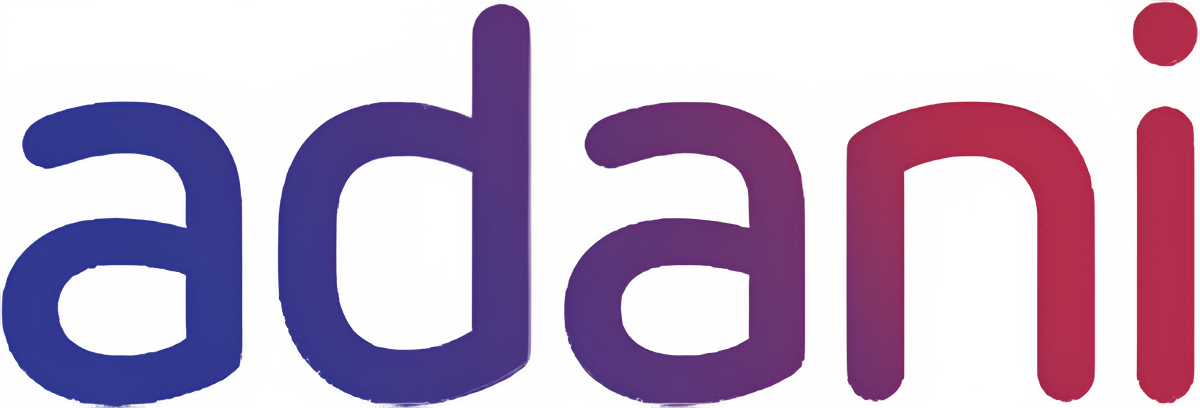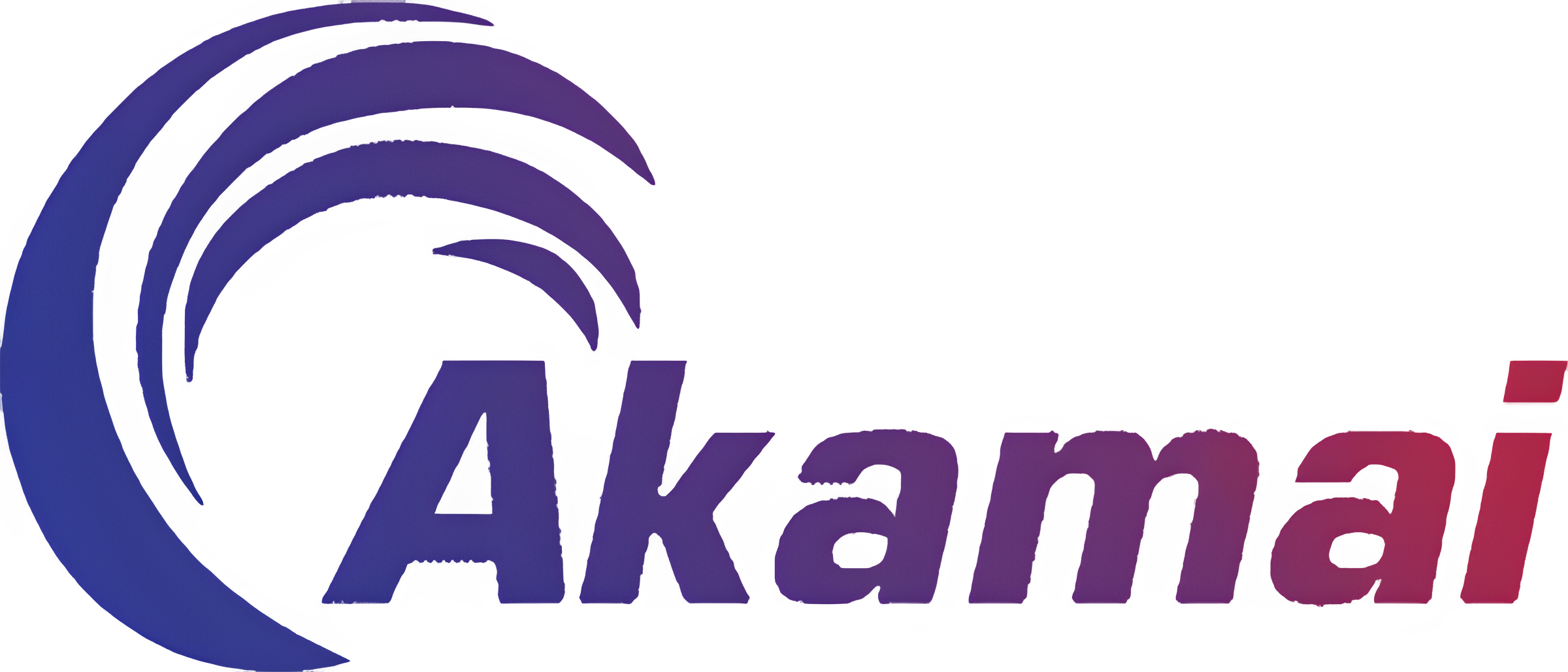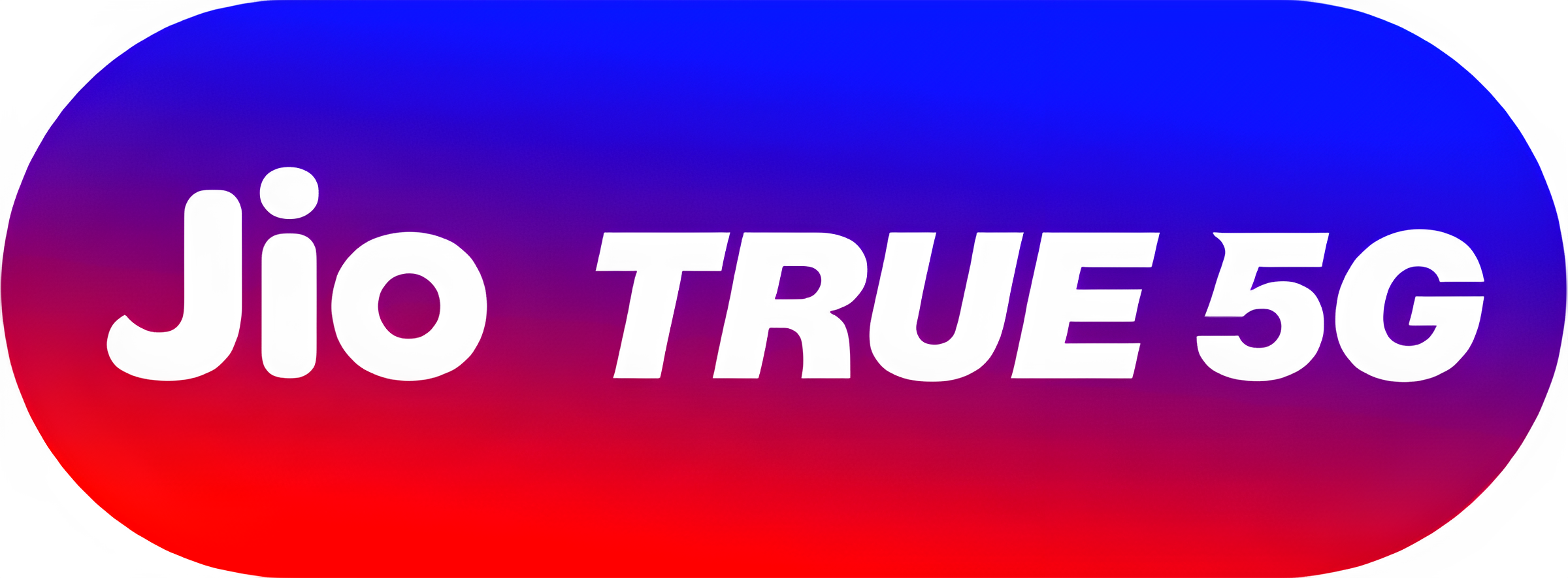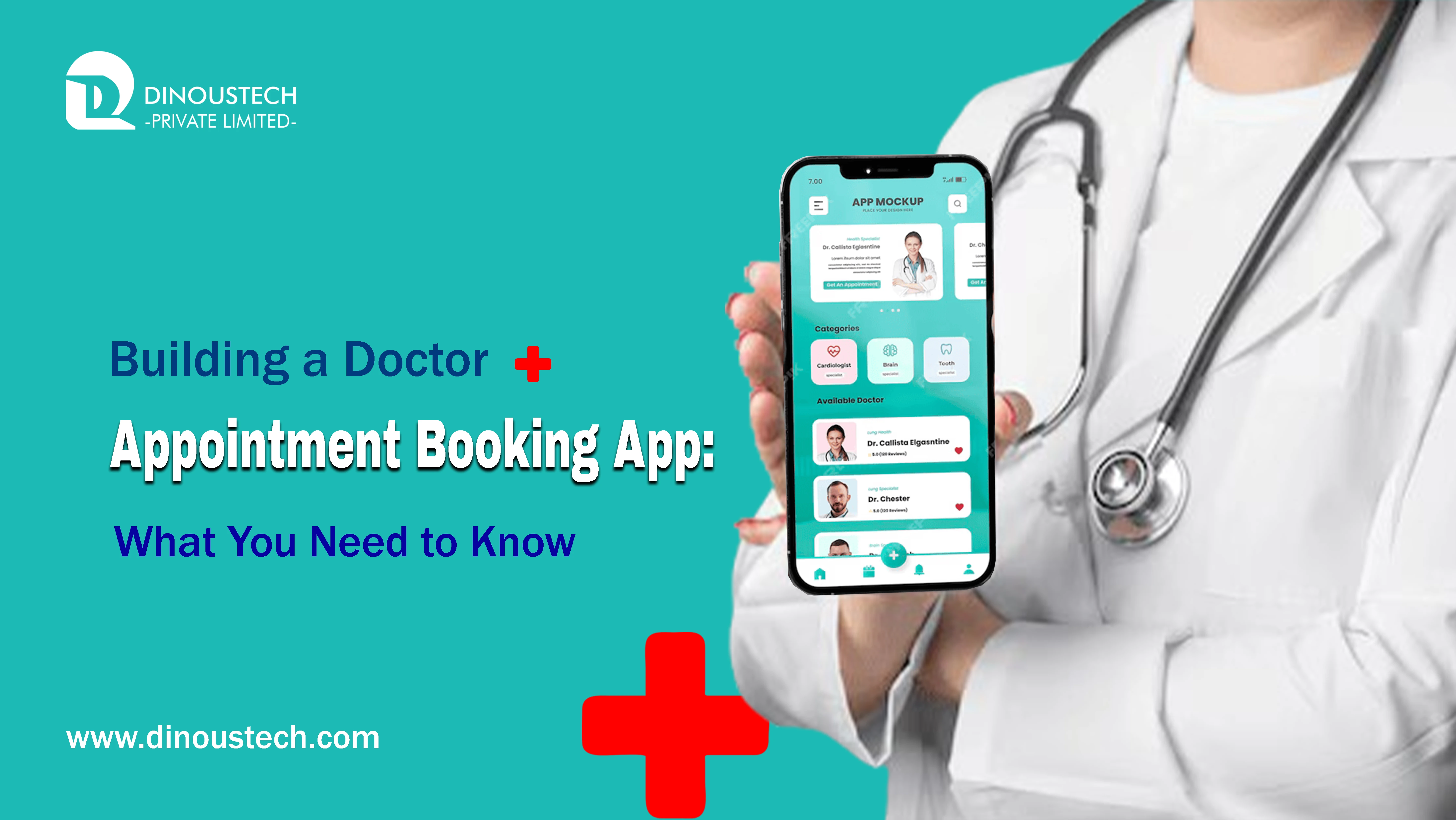Building a Doctor Appointment Booking App: What You Need to Know
Developing a doctor appointment booking app requires a comprehensive understanding of user needs, healthcare regulations, and technology best practices. Patients today seek convenience and efficiency when scheduling medical consultations, while healthcare providers demand secure, reliable systems that integrate seamlessly with existing workflows. Below is a detailed guide—spanning approximately 2,000 words—outlining the key considerations, features, technology choices, and development strategies for building a successful doctor appointment booking app. Each section is presented in a concise paragraph format with clear points, ensuring you grasp the essentials without being overwhelmed by subpoints.
1. Understanding Market Demand and User Expectations
The rise of telemedicine and digital health services has accelerated the need for streamlined appointment scheduling solutions. Before diving into development, it’s crucial to analyze market trends and user behaviors:
- Patient Convenience: Modern patients expect the ability to browse doctor profiles, check real-time availability, and book appointments from their smartphones or desktops.
- Healthcare Provider Efficiency: Clinics and hospitals desire a system that reduces administrative overhead, minimizes no-shows, and optimizes calendar management.
- Competitive Landscape: Numerous healthcare app development companies already offer similar solutions. Analyzing their strengths and weaknesses helps identify gaps and unique selling points for your app.
- Regulatory Environment: HIPAA in the U.S., GDPR in Europe, and other local regulations dictate how patient data must be handled. Ensuring compliance from the outset is non-negotiable.
- Demographic Considerations: Different age groups and regions have varying levels of tech adoption; designing for a broad demographic enhances user adoption.
2. Defining Core Features and Functionality
A robust doctor appointment booking app includes foundational features that cater to both patients and healthcare providers. Prioritize the following core functionalities:
- User Registration and Profiles: Secure sign-up/login, profile management, and basic verification.
- Doctor Directory and Search: Filter by specialty, location, language, or insurance; display doctor credentials, ratings, and clinic details.
- Real-Time Availability Calendar: Interactive calendar showing open slots; automatic block-out for holidays or emergencies.
- Appointment Booking Workflow: Simple, intuitive steps with minimal clicks—select doctor, choose time slot, confirm details, and pay (if applicable).
- Notifications and Reminders: Push notifications, SMS, or email reminders to reduce no-shows; alerts for cancellations or rescheduling.
- Dashboard for Providers: Manage multiple clinicians, view appointment lists, track patient history, and download reports.
- Patient Health Records Integration: Optionally connect to EHR/EMR systems so doctors see vital patient information during appointments.
- Feedback and Ratings: Allow patients to rate doctors post-visit; use aggregated data to improve service quality.
3. User Interface (UI) and User Experience (UX) Considerations
The success of any app hinges on its usability. A well-designed UI/UX fosters user trust and facilitates smooth interactions. Focus on these principles:
- Clean, Intuitive Layout: Ensure menus and buttons are self-explanatory; avoid clutter.
- Responsive Design: Guarantee compatibility across various screen sizes (smartphones, tablets, desktops).
- Accessibility: Incorporate features like contrast options, larger fonts, and voice assistance for users with disabilities.
- Fast Load Times: Optimize images, videos, and API calls to reduce latency, especially for users on slower networks.
- Consistent Branding: Use a cohesive color palette and typography that align with healthcare trust—blues, whites, and clear icons.
- Minimal Steps for Booking: Streamline forms and reduce fields; leverage auto-fill where possible.
- Clear Error Messages: Provide actionable feedback if input is incorrect (e.g., invalid insurance information).
4. Technical Architecture and Technology Stack
Selecting the right technology stack ensures scalability, security, and ease of maintenance. Consider the following components:
- Frontend Framework: React Native or Flutter for cross-platform mobile development; React.js or Vue.js for web interfaces.
- Backend Framework: Node.js with Express.js, Python with Django, or Java Spring Boot; choose based on your in-house expertise and performance requirements.
- Database: Use relational databases like PostgreSQL or MySQL for structured data (user profiles, appointments). Incorporate NoSQL (e.g., MongoDB) if you need flexible schema for logs or analytics.
- Real-Time Communication: WebSockets or Firebase Realtime Database for instant updates (e.g., slot availability changes).
- APIs and Microservices: Modularize features (authentication, scheduling, notifications) into separate microservices; facilitates independent scaling and updates.
- Cloud Infrastructure: AWS, Google Cloud, or Azure for hosting, load balancing, and storage; leverage managed services (e.g., AWS Lambda, Cloud SQL).
- Third-Party Integrations: Payment gateways (Stripe, Razorpay), SMS/email services (Twilio, SendGrid), and mapping APIs (Google Maps) for clinic location.
- DevOps and CI/CD: Use Docker containers, Kubernetes orchestration, and continuous integration tools (Jenkins, GitHub Actions) to automate testing and deployment.
5. Integration and Interoperability
A doctor appointment booking app rarely functions in isolation; it must integrate smoothly with existing healthcare systems. Key integration points include:
- Electronic Health Record (EHR)/Electronic Medical Record (EMR) Systems: Sync patient summaries, past visits, and prescribed medications; APIs like HL7 FHIR facilitate standardized data exchange.
- Payment Gateways: Securely handle copayments, consultation fees, or subscription plans; PCI DSS compliance is mandatory if processing credit card data.
- Laboratory and Diagnostic Centers: Allow doctors to order tests and receive results directly in the patient’s profile.
- Insurance Verification Systems: Integrate with insurance providers to validate coverage and calculate co-payments.
- Telemedicine Platforms: If offering virtual consultations, embed video conferencing SDKs (e.g., Zoom SDK, WebRTC) within the app.
- Hospital Information Systems (HIS): For multi-branch hospital networks, fetch room availability, bed management, or inpatient scheduling.
Ensuring seamless interoperability reduces manual data entry and potential errors, enhancing overall efficiency.
6. Security, Privacy, and Compliance
Healthcare data is highly sensitive; breaches can lead to legal penalties and reputational damage. Prioritize the following security measures and compliance standards:
- Data Encryption: Encrypt data at rest (database encryption) and in transit (TLS/SSL).
- User Authentication and Authorization: Implement multi-factor authentication (MFA) and role-based access controls (RBAC) to restrict sensitive data.
- HIPAA Compliance (or local equivalents): Ensure your app satisfies requirements for Protected Health Information (PHI) if operating in the U.S.; for Europe, comply with GDPR.
- Audit Trails: Maintain logs of user actions (e.g., appointment creation, data edits) to facilitate audits.
- Secure Hosting Environment: Choose cloud providers that offer HIPAA-compliant hosting options; conduct periodic penetration testing and vulnerability assessments.
- Data Retention Policies: Define how long patient data is stored and implement secure deletion protocols for outdated information.
- Privacy Policy and Terms of Service: Craft clear legal documents outlining data usage, consent, and user rights; display during onboarding.
7. Monetization Strategies and Business Models
Before development, it’s essential to define how the app will generate revenue. Common monetization approaches include:
- Subscription Model: Clinics or doctors pay a monthly/annual fee for premium features (advanced analytics, bulk messaging).
- Commission-Based Model: The platform charges a small percentage for each appointment booked or paid through the app.
- Freemium Model: Offer basic features for free; unlock advanced options like telemedicine, custom reports, or priority support at a cost.
- Advertising and Sponsored Listings: Display targeted ads (e.g., pharmaceutical companies, diagnostic labs) or promote certain practitioners at the top of search results.
- White-Label Solutions: Sell a customizable version of your app to hospitals or large clinics under their own branding.
Choose a model that aligns with your target market and balances user experience with profitability; avoid intrusive ads that may deter users.
8. Development Process and Methodology
Adopting a structured development approach ensures timely delivery and better quality. Consider the following steps:
- Requirement Gathering: Conduct stakeholder interviews (doctors, patients, admin staff) to document must-have features.
- Prototyping and Wireframing: Use tools like Figma or Sketch to create low-fidelity mockups; validate flows with potential users.
- Agile Methodology: Implement short development sprints (2–4 weeks), with demos and feedback loops to adjust priorities.
- MVP (Minimum Viable Product) Focus: Launch a basic version encompassing core booking features; gather user feedback to guide subsequent iterations.
- Quality Assurance and Testing: Perform unit tests, integration tests, and user acceptance testing (UAT); include security testing to ensure compliance.
- User Training and Documentation: Prepare tutorials, FAQs, and in-app tooltips to help users navigate the system.
- Deployment and Maintenance: Release on app stores (Apple App Store, Google Play) and web servers; plan for regular updates, bug fixes, and feature enhancements.
9. Selecting the Right Development Partner
Choosing an experienced development partner can significantly impact your project’s success. When evaluating potential collaborators, consider:
- Domain Expertise: Look for a healthcare app development company with proven experience in building medical-grade applications; they understand regulatory nuances.
- Technical Proficiency: Verify expertise in relevant technologies (mobile frameworks, backend infrastructure, security protocols) and ask for code samples or case studies.
- Portfolio and Testimonials: Review past projects—especially those involving appointment booking or telemedicine functionalities—as well as client feedback.
- Cost and Timeline Estimates: Compare quotes from multiple vendors; ensure the scope, deliverables, and milestones are clearly defined in proposals.
- Post-Launch Support: Confirm availability of ongoing maintenance, updates, and technical assistance.
- Communication and Project Management: A transparent development process with regular status reports and a dedicated project manager fosters collaboration.
For enhanced design aspects, consider partnering with a website design company that can craft engaging landing pages, marketing sites, and patient portals—bridging the gap between attractive design and robust functionality. Whether you engage a Healthcare software development company or a Healthcare mobile app development comapnt, ensure they share your vision for quality and innovation. At Dinoustech Private Limited, we combine deep healthcare domain knowledge with cutting-edge technology expertise to deliver end-to-end solutions.
10. Cost Estimation and Budget Breakdown
Accurately estimating costs helps avoid budget overruns. Typical expenses associated with building a doctor appointment booking app include:
- Design and Prototyping: UI/UX design, wireframing, and branding—approximately 10–15% of total budget.
- Frontend and Backend Development: Core coding activities—around 50–60%, varying based on complexity and onboarding features.
- Third-Party Integrations: License fees for SMS gateways, payment gateways, and EHR systems.
- Project Management and QA: Ongoing coordination, testing, and bug fixes—approximately 10–15%.
- Infrastructure and Hosting: Cloud servers, load balancers, and database services—varies by user base size; budget for scaling.
- Compliance and Legal: Consultation fees for HIPAA or GDPR compliance, data encryption tools, and security audits.
- Marketing and Launch: App store registration fees (Apple or Google Play), digital marketing, and promotional campaigns.
A mid-range app with standard features typically costs between $30,000 and $80,000, whereas a fully integrated, advanced platform with AI-based triaging or telemedicine could exceed $150,000. Geographic location of the development team also influences hourly rates; partners in North America or Western Europe command higher rates than those in Asia or Eastern Europe.
11. Common Challenges and How to Overcome Them
Building a healthcare app presents unique hurdles. Anticipate the following challenges and prepare mitigation strategies:
- Regulatory Compliance Complexity: Navigating HIPAA, GDPR, or local data protection laws can be time-consuming; involve legal experts early in the project.
- Data Security Threats: Cyberattacks targeting healthcare data are on the rise; implement robust encryption, regular security audits, and continuous monitoring.
- Integration Roadblocks: Legacy systems often lack modern APIs; plan for middleware or custom adapters to sync with EHR/EMR platforms.
- User Adoption Resistance: Some patients and providers may be hesitant to switch from phone calls or in-person booking; offer clear tutorials and emphasize benefits like time savings.
- Scalability Concerns: An initially small user base may grow rapidly; design an architecture that supports horizontal scaling (e.g., microservices, containerization).
- Localization and Language Support: If targeting multiple regions, translate content and adapt to local healthcare norms—consider multi-language support as a core feature.
- Maintaining Data Accuracy: Doctors often update their schedules; ensure real-time synchronization between the app and provider calendars to prevent double bookings.
Addressing these challenges proactively—through a structured development plan and partnerships with experienced vendors—ensures long-term success.
12. Scalability and Future Enhancements
Once your MVP gains traction, consider building advanced capabilities that set your app apart:
- Telehealth and Virtual Consultations: Integrate high-definition video conferencing, secure file sharing, and remote monitoring tools.
- AI-Driven Appointment Recommendations: Use machine learning to suggest optimal time slots for patients based on their history and preferences.
- Multi-Clinic and Multi-Doctor Support: Enable group practices to manage multiple locations and specialist calendars in one unified platform.
- Mobile Wallet and Insurance Claims: Automate insurance pre-authorization and claim submissions, reducing administrative burden for patients.
- Chatbots and Virtual Assistants: Offer 24/7 support for booking queries, FAQs, and prescription renewals.
- Analytics Dashboard: Provide clinics with data on appointment trends, cancellations, patient demographics, and revenue projections.
- Loyalty Programs and Rewards: Encourage repeat use by giving points for timely bookings, referrals, or health milestones.
Planning for these enhancements from the start prevents costly rearchitecting later and positions your app as a comprehensive healthcare ecosystem.
13. Marketing, Launch, and User Acquisition
A well-built app needs a strong go-to-market strategy to reach its intended audience. Consider the following marketing channels and tactics:
- Content Marketing and SEO: Publish blog posts, whitepapers, and case studies on topics like “Benefits of Digital Appointment Booking” to attract organic traffic.
- Social Media Campaigns: Target local patient communities on Facebook, Instagram, and LinkedIn; highlight success stories and doctor testimonials.
- Email Outreach and Newsletters: Collaborate with clinics to send emails announcing the app’s launch; offer limited-time incentives (e.g., free first booking).
- Partnerships with Clinics and Hospitals: Integrate your app’s branding on clinic websites; provide clinics with brochures, posters, and QR codes for easy downloads.
- Paid Advertising: Use Google Ads and Facebook Ads to target people searching for “book doctor appointment online” in specific regions.
- Influencer Collaborations: Partner with healthcare influencers or local wellness experts to endorse the app.
- Referral Programs: Reward existing users (patients or doctors) for inviting others—offer discount coupons or cashback.
14. Leveraging Company Expertise: Dinoustech Private Limited
By partnering with Dinoustech Private Limited, you benefit from a team with extensive experience in healthcare solutions and mobile app development. Our strengths include:
- End-to-End Development: From user research and prototyping to development, testing, and deployment.
- Compliance-First Approach: Our processes incorporate HIPAA and GDPR best practices, ensuring patient data is always protected.
- UI/UX Excellence: We collaborate with a seasoned website design company to deliver intuitive interfaces that resonate with both patients and medical professionals.
- Post-Launch Support: Dedicated maintenance, feature updates, and 24/7 technical assistance.
- Scalable Architecture: We implement microservices and cloud infrastructure to handle growing user volumes without service disruptions.
- Competitive Pricing: Cost-effective solutions without compromising on quality, leveraging our skilled developers based in Jaipur, Rajasthan.
Whether you need a full-fledged system or a basic MVP, Dinoustech’s track record as a healthcare software development company and Healthcare app development company ensures your project is in capable hands. Our team can also guide you through selecting the right monetization model and creating compelling marketing collateral for a successful launch.
15. Measuring Success and Continuous Improvement
Post-launch, it’s vital to monitor key performance indicators (KPIs) to iterate and improve the app. Focus on these metrics:
- User Acquisition Cost (UAC): Calculate how much you spend to acquire a new user (patient or provider) via marketing channels.
- Activation Rate: Percentage of users who complete a booking within their first session; low activation indicates onboarding friction.
- Retention and Churn Rates: Track how many users continue using the app over weeks or months and why they stop.
- Average Booking Frequency: Measure how often patients schedule appointments per month; higher frequency suggests stronger engagement.
- Provider Satisfaction Scores: Survey clinics and doctors on usability, reliability, and overall satisfaction.
- Revenue per User (RPU): If using a subscription or commission model, monitor revenue generated per active user.
- App Store Ratings and Reviews: Regularly respond to feedback, fix bugs highlighted by users, and incorporate feature requests.
By analyzing these metrics, you can identify pain points (e.g., high cancellation rates) and implement targeted improvements (e.g., better reminder notifications).
Conclusion
Building a doctor appointment booking app entails careful planning, from understanding market needs and defining core features to ensuring security, choosing the right technology stack, and partnering with an experienced development firm. By focusing on user-centric design, seamless integrations, and robust compliance measures, your app can streamline healthcare workflows and elevate patient satisfaction. Whether you opt to work with a specialized Healthcare app development company, ensure they possess relevant healthcare domain expertise and a proven track record. Likewise, engaging a reputable website design company guarantees your app’s online presence complements its functionality.
At Dinoustech Private Limited, we combine deep industry insights with cutting-edge technology to deliver scalable, secure, and user-friendly healthcare solutions. From MVP development to post-launch support, our team stands ready to help you create a doctor appointment booking app that meets user needs, complies with regulations, and delivers long-term value. Contact us today to embark on your healthcare digital transformation journey and bring your vision to life.

















